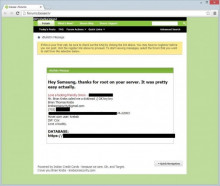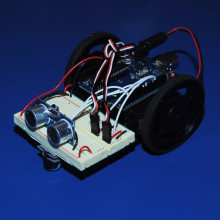FireEye, AhnLab score low in lab test of breach detection systems
In an evaluative lab test, FireEye and Ahnlab each scored “below average” on their breach-detection systems (BDS) in a comparative group product test which was conducted by NSS Labs.
NSS Labs tested how well malware would be caught by the AhnLab MDS, FireEye’s Web MPS 4310 and Email MPS 5300, the General Dynamics’ product Fidelis XPS Direct 1000 , the Fortinet FortiSandbox 3000D, Cisco’s Sourcefire Advanced Malware Protection, and Trend Micro’s Deep Discovery Inspector Model 1000. NSS also tested for stability and reliability, and estimated the cost effectiveness of each product.












































































